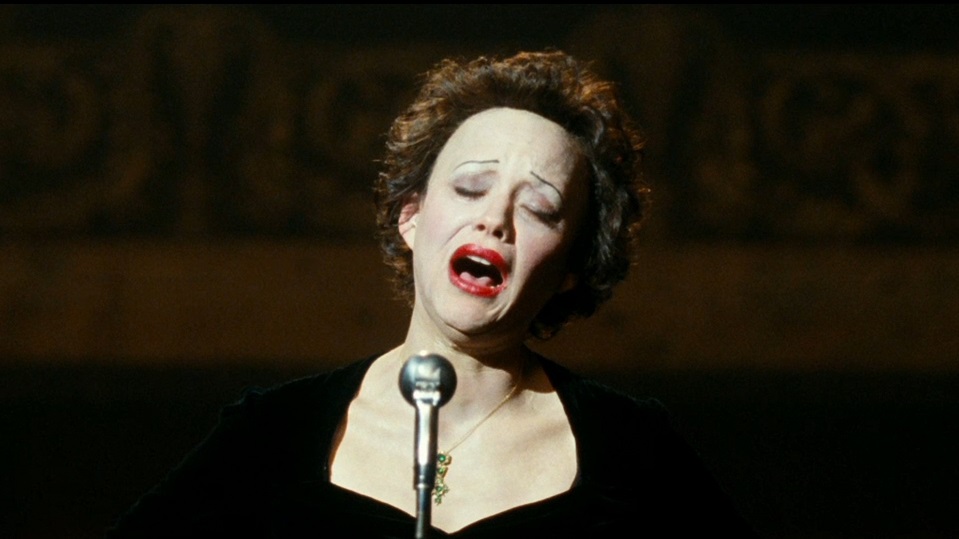La Vie En Rose
The little sparrow
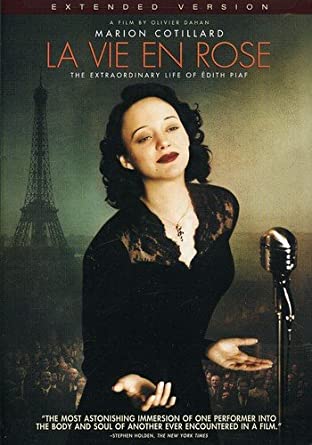
Say the legend that for a beautiful actress to win an Oscar, she needs to get ugly through makeup. It worked for Charlize Theron in “Monster” (USA, 2003), Nicole Kidman in “The Hours” (USA, 2002) and also for Marion Cottilard, the Frenchwoman who won an Oscar as Best Actress for her performance in “La Vie En Rose” (“La Môme “, FRA, 2007). Is that all? No, besides being a very fair award for the girl, the movie is really very good.
It is possible that the new generations do not have idea about who was Edith Piaf, much less the importance that she had in the music scene, not just in France, his homeland, but around the world. Many of the songs that are in the movie are old acquaintances of ours, some that became famous for the versions recorded by foreign singers, like “La Vie En Rose” by Louis Armstrong, Dean Martin, Andrea Bocelli and even Lady Gaga!
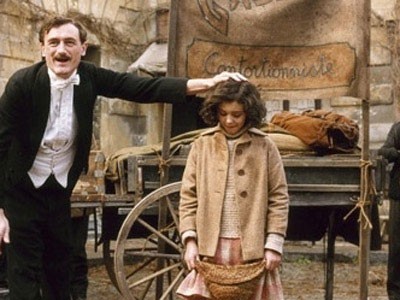
Edith, like so many artists of her generation, had a troubled existence marked by successes and tragedies. Tiny, round face, without great physical attractiveness, disheveled hair, long dark dress, she would fail any standard of beauty. But, in the light of the stage, she was indomitable, irresistible, overwhelming, dominating the audience with her striking voice, with an interpretation absolutely her own.
The film retrieves facts from Piaf’s childhood little known to the general public. While her father, Louis Gassion (Jean-Paul Rove) fought in the First World War, the girl lived with her mother, who sang through the streets and fairs. One day, the mother decides to abandon everything, and when the father returns, he takes her to his grandmother, who owned a brothel in Normandy. There, Edith (Pauline Burlet) will live the best years of her childhood, although a strange illness leaves her completely blind for some time. The illness disappeared as mysteriously as it had come.
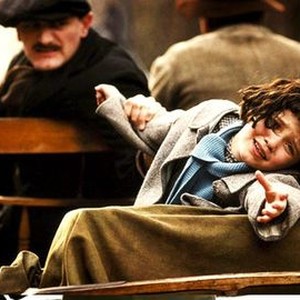
One day, the father returns and forces her to leave with him. The two accompany a circus until he decides to work alone. It is when the girl discovers the power of her voice, that she will guarantee her livelihood, singing in the streets of Paris.
At 15, aware of her beautiful voice, she abandons the presentations with his father and begins to sing in duo with her friend Simone Berteaut, or Momone (Sylvie Testud). Smart and clever, Momone initiated Edith in the uses and customs of the nightlife of marginal Paris. Edith’s appearance was awful, but her powerful voice caught the eye. She sang in the streets, in exchange for some coins that were thrown from the windows and so she went on with her life …
At 17, she fell in love with Louis Dupont, who installed Edith and Momone in a hotel closet. In February 1933, Edith gave birth to Marcelle, nicknamed Cécelle. Later, Edith and Louis broke up and he took his daughter. In 1935, Louis brought sad news: the girl was seriously ill. Edith ran to the hospital, but the child had died of meningitis. She was 2 years and 5 months old and her mother was only 19 and a half years old.
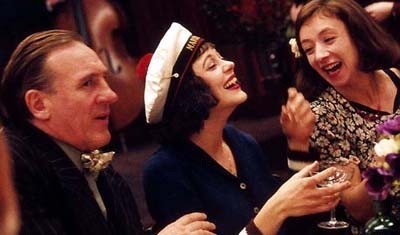
At twenty, Edith (Marion Cottilard) is discovered by Louis Leplée (Gérard Depardieu), manager of the elegant Cabaret Le Gerny’s. With his help, she begins to have a more professional performance. It was he who gave the name by which she would be famous, “little sparrow” (la môme piaf).
Edith left the streets, but the streets never left her. Over the course of a short existence (47 years), she would experience various passions and overwhelming cases, and bohemia, deprivation in childhood, morphine addiction and the habit of alcohol, would weaken her health to the point where she was almost unable to walk.
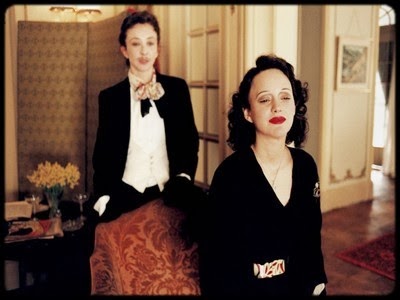
The film follows more or less a chronological line, although there are several flashbacks and flashforwards, showing scenes from the past and others near the end of her life, but nothing that prevents the correct understanding of the story. From the traits of her childhood, which influenced her independent and free posture, the story jumps to the mid-thirties, when she, as a young woman, begins to be successful although always involved with elements of the Parisian underworld.
In the post-war, when the world and mainly occupied France, recover from the horrors of the conflict, Edith establishes herself as a bigger star, thanks to the partnership with her close friend Marguerite Monnot (Marie-Armelle Deguy) and Raymond Asso (Marc Barbé), a former legionnaire who decided to enter the Parisian music scene. Treating her with discipline worthy of the barracks of the Foreign Legion, he managed to polish her, creating the integrated artist, who finally combined her voice with an impressive gestural interpretation.
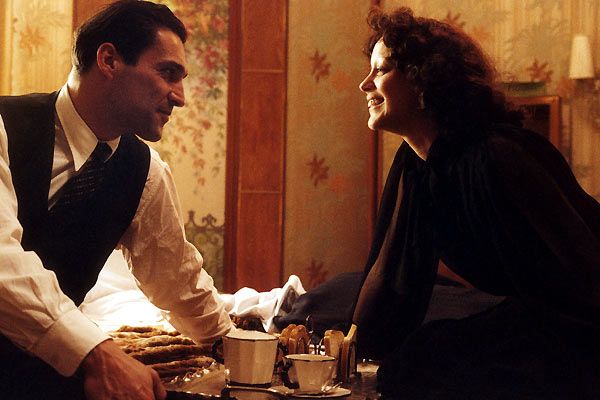
Edith had many lovers, but one of the most important people in her life was Franco-Algerian boxer Marcel Cerdan (Jean-Pierre Martins). Marcel was married and had children, who lived in Casablanca. At that time, the two were in New York, each establishing themselves in their careers. The romance ended tragically, with the death of Marcel in a plane crash in 1949. It is at this point that the aforementioned song “Hymne à l’Amour” is shown, in one of the most emotional moments of the movie.
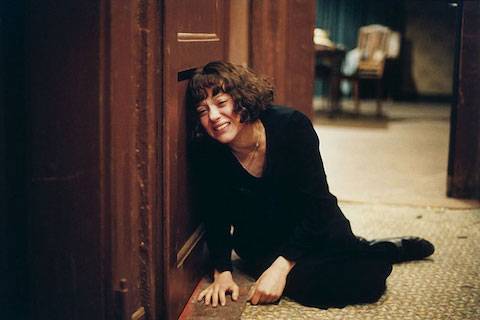
In addition to the unbearable pain of loss, there was an intense physical pain, caused by rheumatism, which led doctors to prescribe morphine. A serious car accident further weakened the singer’s health. A few months later, back on the stage, Piaf passed out in the middle of a performance at New York. She was hospitalized and underwent emergency surgery. Indifferent to the advice of doctors and friends, Piaf refused to leave the stage, although he passed out in the middle of the shows again and again. She died on October 11, 1963.
The movie “La Vie En Rose”, in addition to the phenomenal interpretation of the cast – in particular, Marion, whom is said they seemed to have incorporated the spirit of Edith – made a wonderful time recreation, even when dealing with different historical periods. But the most important thing is to bring out the unbreakable spirit of a woman who has lived life intensely. As the lyrics of one of his most famous songs say, “Non. Je ne regrette rien / Je me fous du passé” (No, I don’t regret anything / I don’t care about the past).

